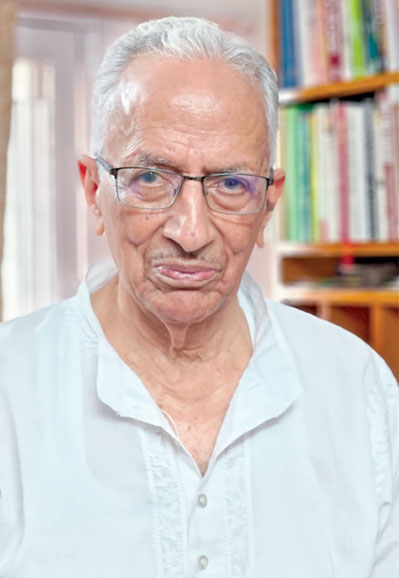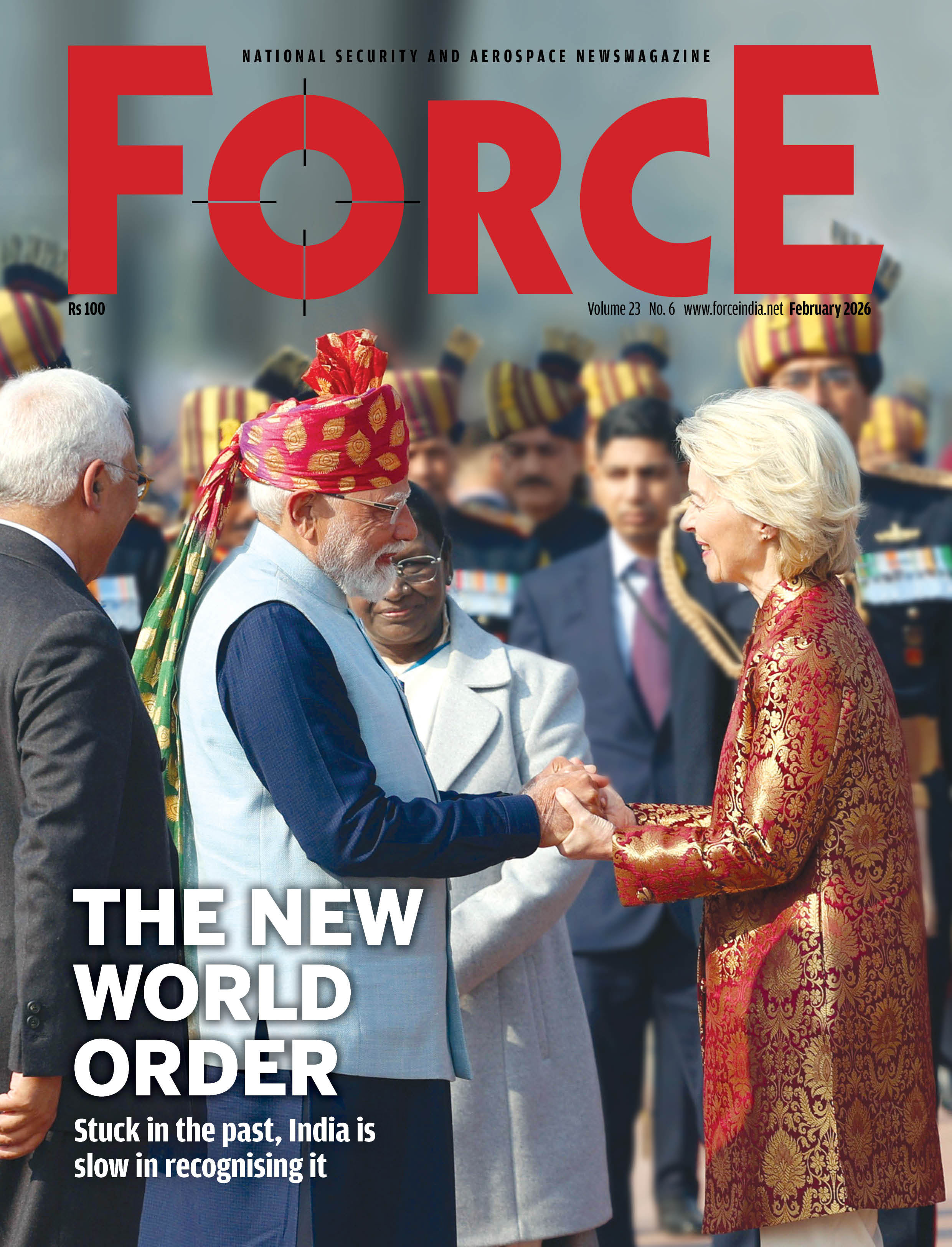Books | Neither the Politician nor the Bureaucrat Wants to Implement Police Reforms
 What prompted you to write your memoirs at this point in your life?
What prompted you to write your memoirs at this point in your life?
There were suggestions from several quarters, particularly my well-wishers, that I should write my autobiography. I was not inclined to write an autobiography because you have to be a great man to be writing an autobiography. I have no illusions about my greatness. But when the suggestions kept on coming, I decided to write on certain events from my life which made an impression on my mind, which influenced my work and may be of interest, especially to young police officers.
There is an interesting sentence in your book—'Politics without the Police is impotent’. What do you mean by this?
Both politics and police are part of the system, hence, there should be a balance between them. To execute political policies, the government requires enforcement agencies and the police. If the policies have to implemented on the ground level, then whichever department you look at, they all need the police force, and not just for law and order. From holding public events to carrying out raids and providing security to the politicians… even in their normal functioning politicians need the police. So, without the police, the state itself becomes impotent. The police are a very important and integral part of the system, therefore there should be a healthy equation between the two.
Why has it been so difficult to carry out police reforms? Given that there seems to be a lack of political will in professionalisation of the police, what is the way forward?
Police reforms necessarily involve giving a certain degree of autonomy to the force, loosening the grip of the politicians over it. Just as no zamindar would sign the zamindari abolition act, as he must retain his authority over the village, politicians are reluctant to initiate police reforms because the system which they inherited from the British, needs the police to be at their beck and call. They want the police to carry out their orders, irrespective of whether they are right or wrong. This is a convenient system for the politicians to pursue their political agendas. It is because of this that neither the politician nor the bureaucrat wants to implement police reforms.
The way forward is to educate the people, apart from having a dial
Subscribe To Force
Fuel Fearless Journalism with Your Yearly Subscription
SUBSCRIBE NOW
We don’t tell you how to do your job…
But we put the environment in which you do your job in perspective, so that when you step out you do so with the complete picture.








 VIDEO
VIDEO